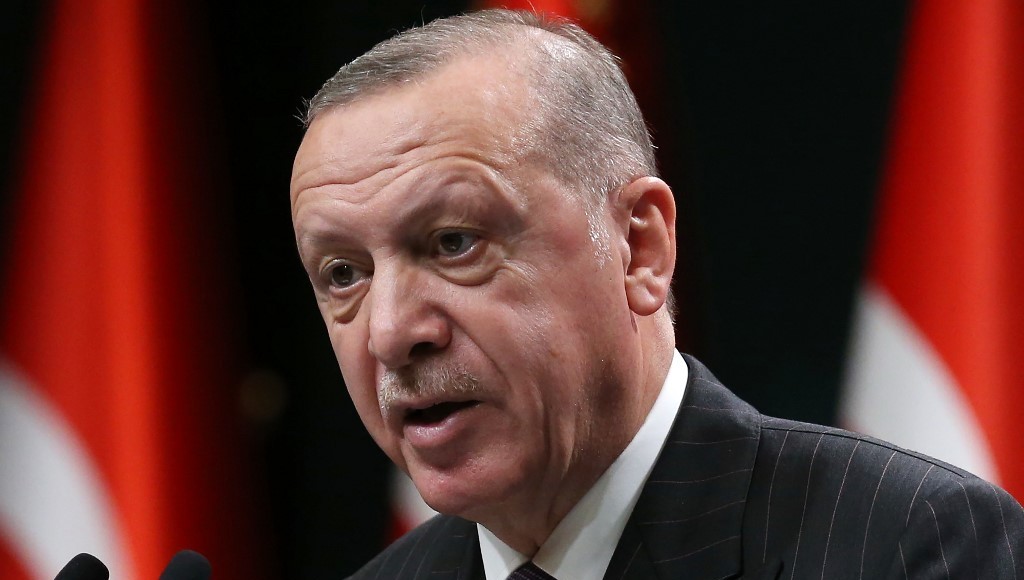Turkish President Recep Tayyip Erdoğan has said social media companies with a daily access rate of over 1 million in Turkey have begun to toe the line since they were slapped with sizable fines for failing to comply with a new law that tightens control over social media.
Turkey imposed fines in November and December totaling TL 40 million ($5.3 million) each on social media giants Facebook, Twitter and YouTube as well as other companies such as Instagram, Periscope, TikTok, Pinterest, LinkedIn and Dailymotion for failing to appoint local representatives to Turkey as required by the new law.
The same week the second round of fines was imposed YouTube — the second most visited website in Turkey after Facebook –- announced in a statement on its official blog, in an apparent surrender to the Turkish government, that it would appoint a local representative to the country.
“Once fines were issued, they [social media giants] began to toe the line. You will pay [fines]. You are going to pay them here [in Turkey], just like you pay them in the West,” Erdoğan said in a speech during a media awards ceremony held in the presidential complex in Ankara.
“Social media companies have failed to implement nearly all the Turkish courts’ rulings on accounts that [allegedly] praise terrorism and violence. They didn’t do anything to relieve those who were subjected to lynching on social media,” the president said.
Erdoğan also accused the companies of “digital dictatorship and cyberbullying” and said that “Turkey will not bow to their pressure” as the Justice and Development Party (AKP) government “can’t allow terrorism propaganda to gain ground in the virtual world.”
The controversial social media law, which went into effect on Oct. 1 and requires companies to store data from users on local servers and respond within 48 hours to requests to remove content — a broad power allowing authorities to block access to anything they might consider illegal — is feared to be used to silence dissent in Turkey, where there are widespread concerns about freedom of expression.
The requirements of the law are believed to give the AKP government more leverage against critics since the prosecution of individuals due to their social media messages is an everyday occurrence in Turkey and thousands of people have been tried or have faced legal action on insult charges due to their critical views on social media about Erdoğan and other government officials.
Turkey also had blocked access to 408,494 websites, 130,000 URLs, 10,000 YouTube videos and 6,200 pieces of Facebook content by the end of 2019, according to research carried out by the Freedom of Expression Association’s (İFÖD) EngelliWeb initiative.
According to the regulation, companies that still refuse to observe the law after the imposition of fines may face as much as a 90 percent cut in their Internet bandwidth, and if they comply, the restrictions will be lifted and a quarter of the imposed fine will be collected.



